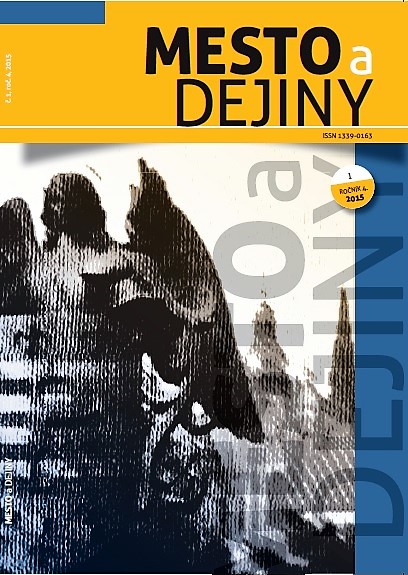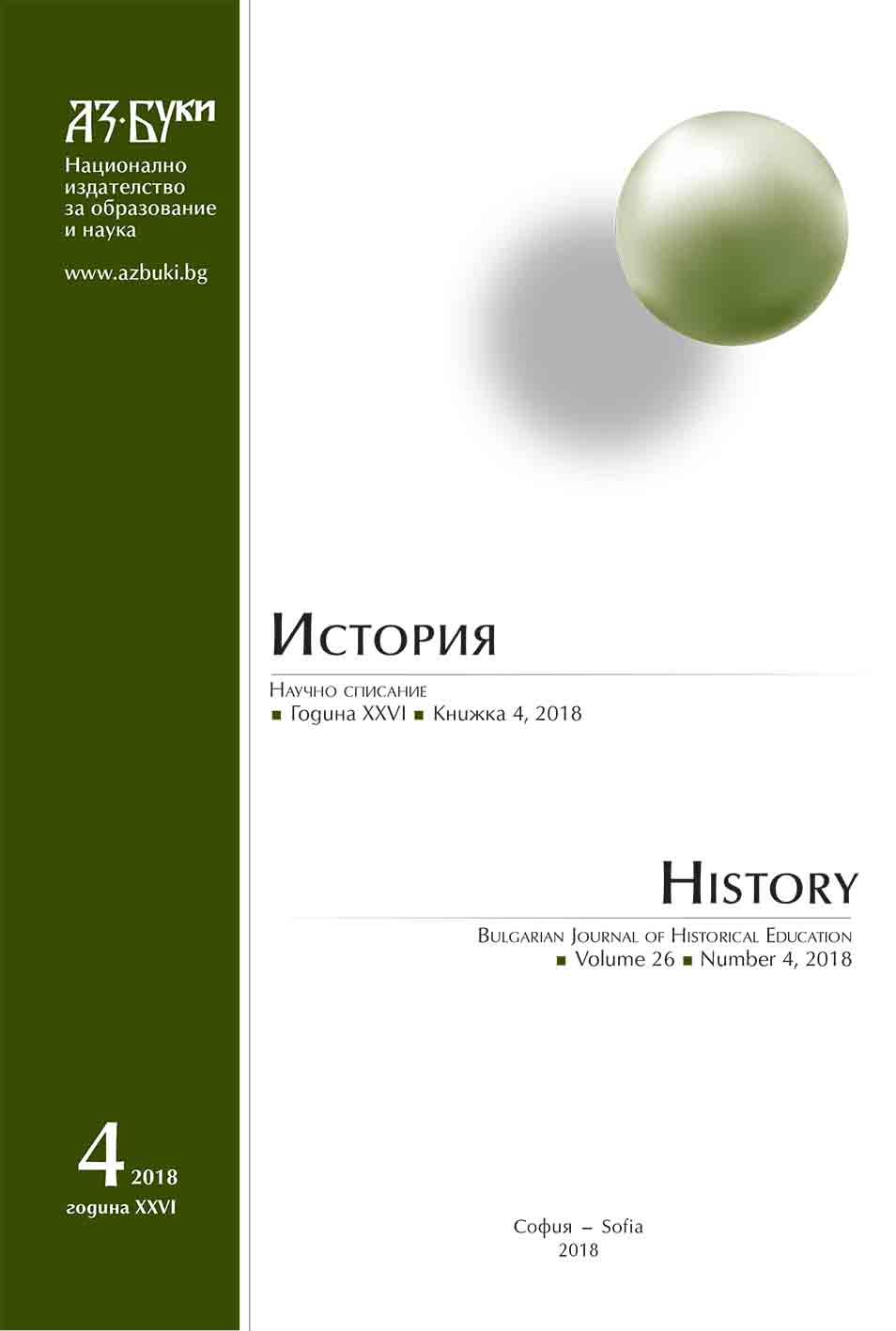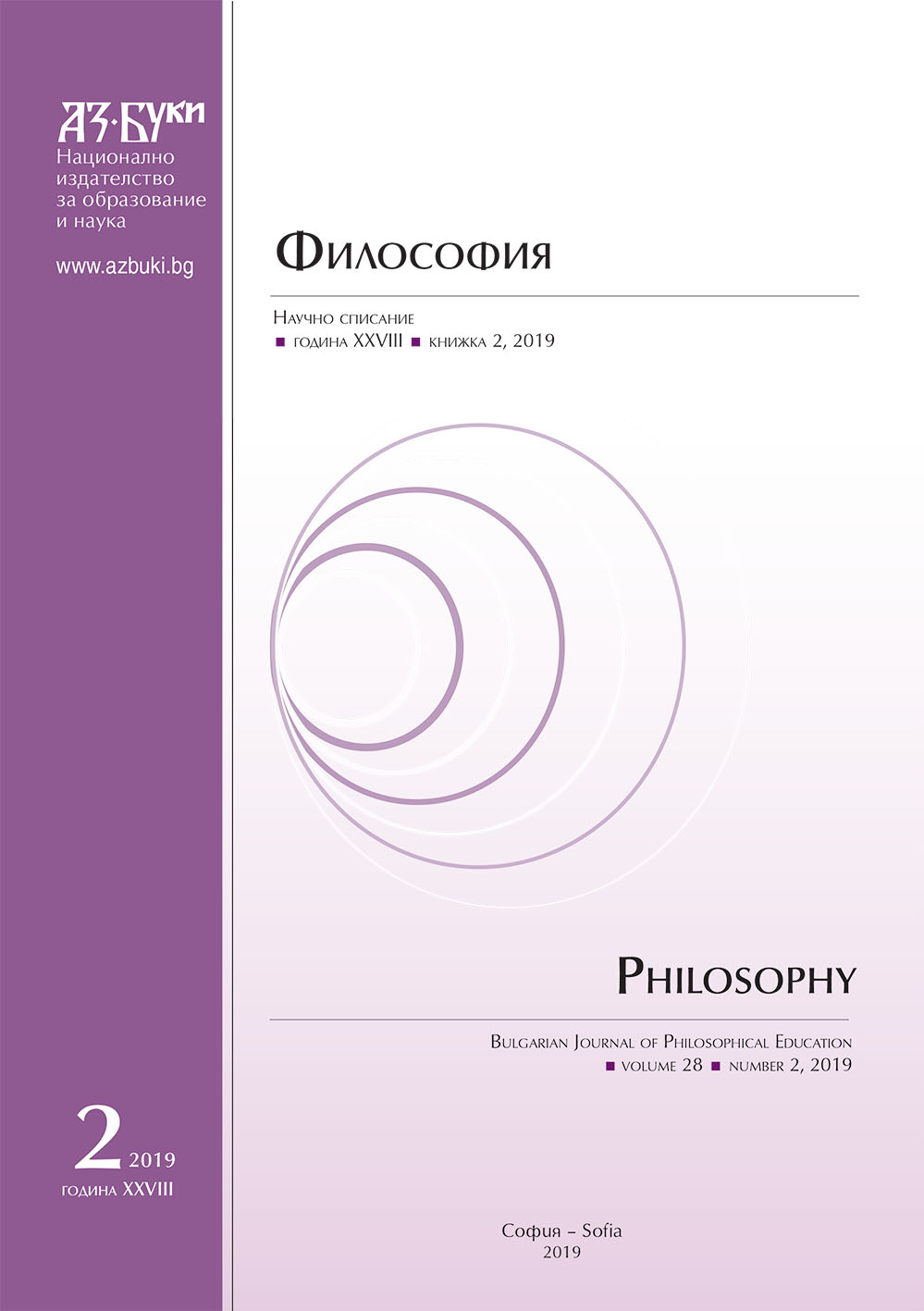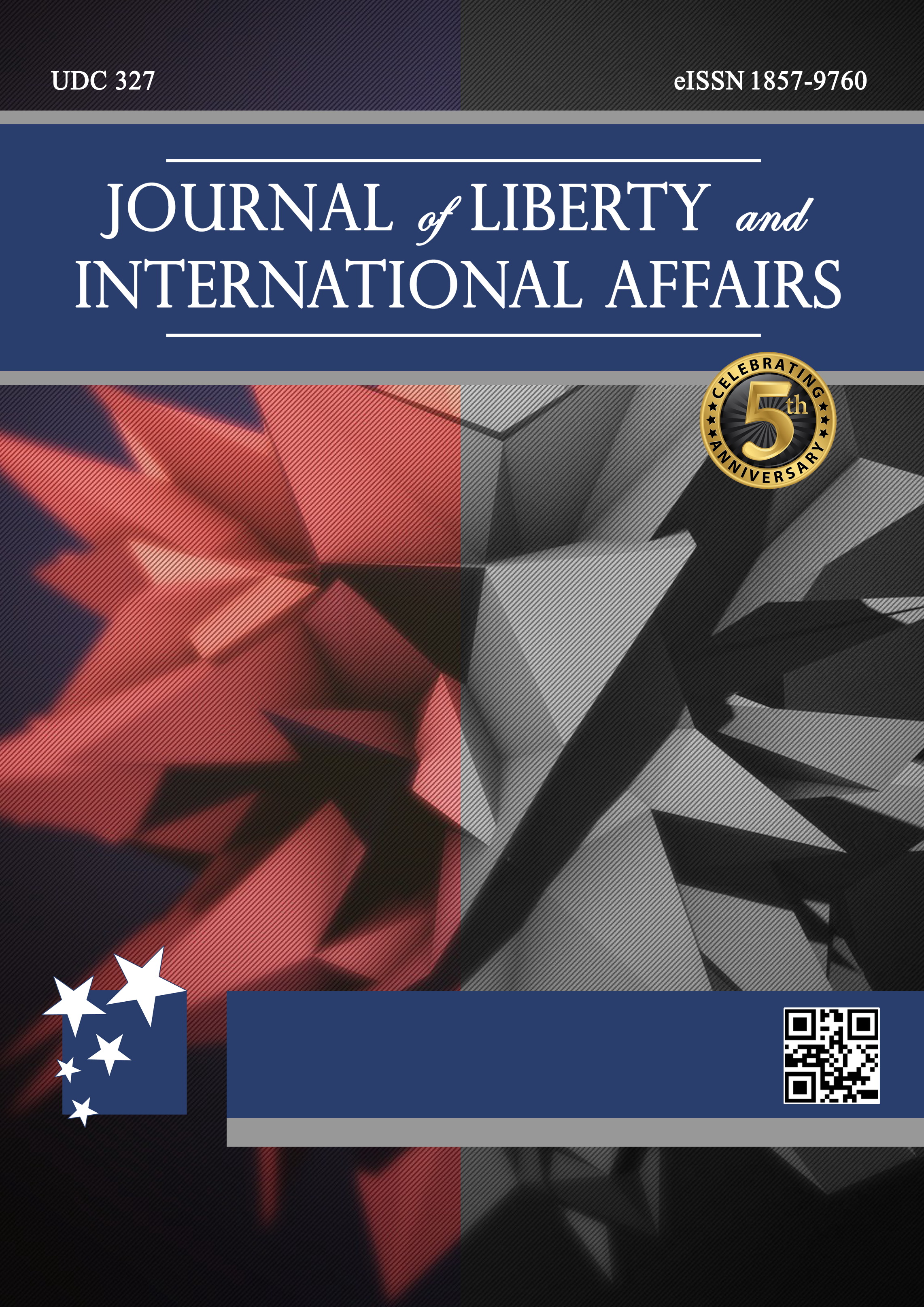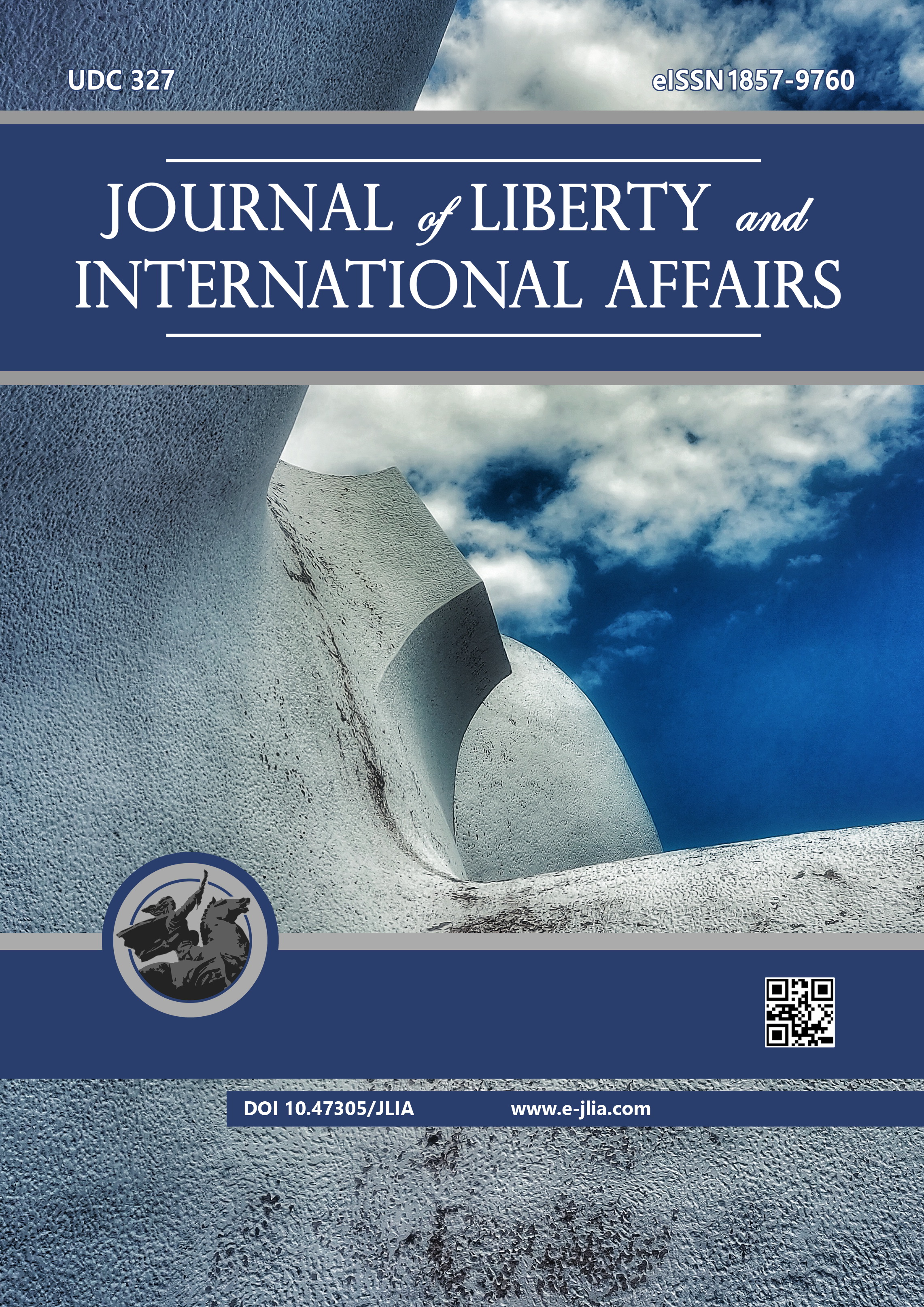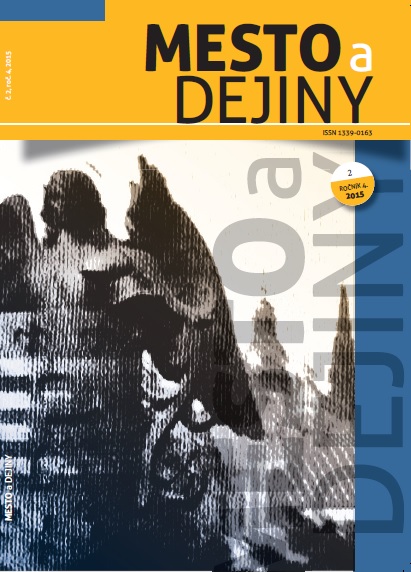
Oslavy štátnych sviatkov a pamätných dní a participácia príslušníkov maďarskej menšiny v Rožňave v medzivojnovom období
The article describes the celebrations of momentous political holidays in Rožňava in the interwar period. It mainly deals with the national holiday of establishment of the Czechoslovak Republic, birthday of the President T. G. Masaryk and Labour Day. The attention is focused on the analysis of the program during the celebration and a possible national conflicts in a multi-ethnic city Rožňava. At the end of the article there are mentioned holidays celebrated in Hungary and their impact on the Hungarian minority in the southern part of the Czechoslovakia.
More...

